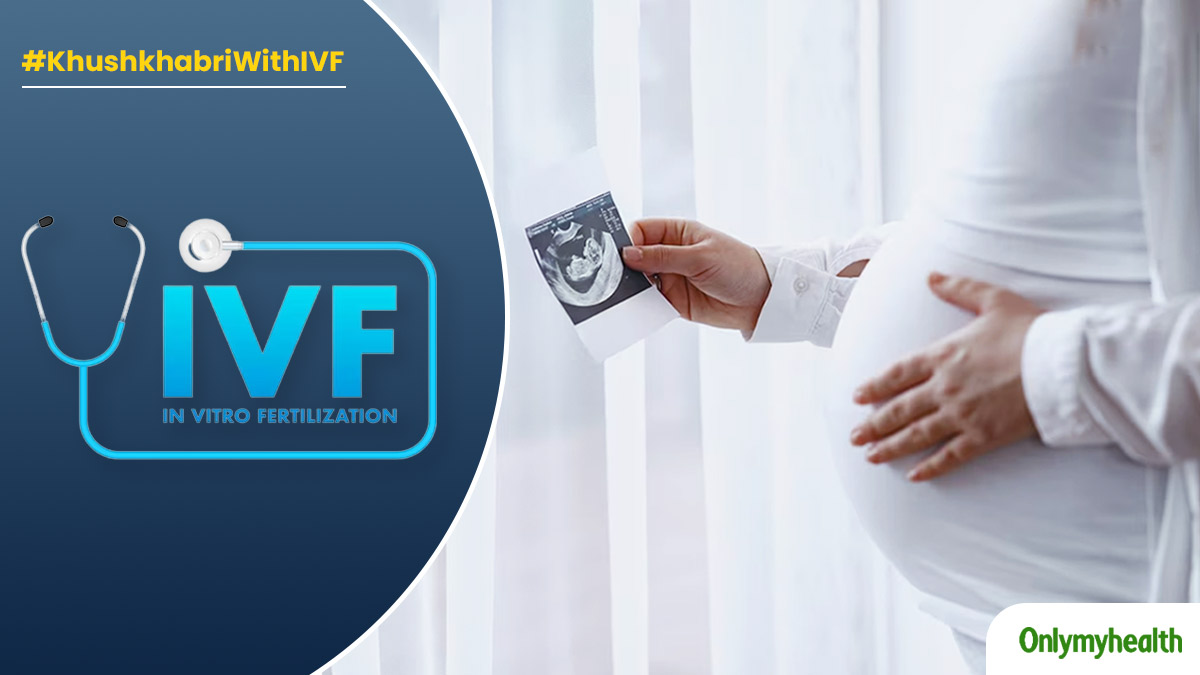
What Is IVF?
In vitro fertilization or IVF is a form
of assisted reproductive technology that helps couples achieve pregnancy,
explains Dr Anu Sadashiv,
Reproductive Medicine Specialist at Milann Fertility and Birthing Hospital Kumara
Park Bangalore. This method is of great help for couples who are
unable to conceive naturally and wish to embrace parenthood. This fertility
treatment is done in a lab where the sperm of the father and the eggs of the mother are
combined and fertilized. This is a complex and tedious process. The couple,
especially the mother, has to undergo several painful steps to implant the
fertilized egg in her uterus. However, not all implantations result in
pregnancy as despite all the efforts, some embryos fail to grow.
Why choose IVF?
Over the years, IVF has gained popularity in India. This could be either due to extensive promotion or the setting up of IVF centres in almost all cities across the country. Couples dealing with infertility or pregnancy-related issues are seeking support from IVF specialists to start a family. While a majority of couples undergo IVF due to fertility issues, here are some other reasons why IVF can be considered:
Late pregnancy or advanced maternal age
Failures of other fertility methods and treatments
Same-sex couples who wish to have a child
Poor ovarian reserve
Women with endometriosis, PCOS, fibroids, and other ovarian conditions
Low sperm count in the male partner.
Unexplained infertility
Parent(s) having a genetic condition that may pass on to the baby through natural pregnancy
Reasons Why IVF Is A Great Option:
IVF has been considered a boon for infertile couples for several reasons. Here are some of the key benefits:
Overcoming infertility: IVF offers a chance for couples who have been unsuccessful in conceiving naturally to have a child.
Treating various fertility issues: IVF can address a range of fertility issues, including fallopian tube damage, ovulation disorders, endometriosis, male factor infertility, and unexplained infertility.
Genetic testing: IVF allows for preimplantation genetic testing, which can help identify genetic disorders or chromosomal abnormalities in embryos before implantation, reducing the risk of passing them on to the child.
Increased pregnancy rates: IVF has higher success rates compared to other fertility treatments, increasing the chances of achieving pregnancy and having a healthy baby.
Steps of IVF:
This is a complex treatment with
multiple steps. The steps involved in IVF may vary slightly depending on the
specific protocol followed by the fertility clinic, but here are the general
steps:
Step 1- Ovarian stimulation: Medications
are administered to stimulate the ovaries to produce multiple eggs.
Step 2- Egg retrieval: The
eggs are collected from the ovaries using a minor surgical procedure called
transvaginal ultrasound-guided aspiration.
Step 3- Sperm collection: A
semen sample is obtained from the male partner or a donor.
Step 4- Fertilization: The
retrieved eggs and sperm are combined in a laboratory dish for fertilization
through conventional IVF or intracytoplasmic sperm injection (ICSI), where a
single sperm is injected into each egg.
Step 5- Embryo culture: The
fertilized eggs (embryos) are cultured in a laboratory for a few days to allow
for development.
Step 6- Embryo transfer: One
or more embryos are transferred into the uterus using a catheter.
Step 7- Pregnancy test: About two
weeks after the embryo transfer, a pregnancy test is conducted to determine if
the IVF procedure was successful.
What to expect after IVF?
While IVF can be an effective fertility
treatment, it is important to be aware of the potential risks and side effects.
Some common risks and side effects include:
Multiple pregnancies: IVF
increases the chances of having multiple pregnancies, which may carry a higher
risk of complications.
Ovarian hyperstimulation syndrome (OHSS): In some cases, the medications used for ovarian stimulation can lead to
OHSS, causing abdominal pain, bloating, and fluid accumulation.
Egg retrieval risks: The egg retrieval
procedure carries a small risk of bleeding, infection, or damage to surrounding
structures.
Emotional and psychological impact: The IVF process can be emotionally and psychologically
challenging, as it involves a rollercoaster of hope, anticipation, and
potential disappointment.
How successful is IVF:
The success rate of IVF depends on
various factors like maternal age, quality of eggs and sperm, cause of
infertility, and obviously, the expertise of the fertility clinic. Generally, the
success rates range from around 30% to 50% per cycle, with higher success rates
for younger women. It is advisable to consult with a fertility specialist who
can provide personalized information based on individual circumstances.
We use cookies and IP addresses to improve site performance and understand user interests. This data does not personally identify you unless you voluntarily provide information. Third-party advertisers may also use cookies.
OKPrivacy Policy